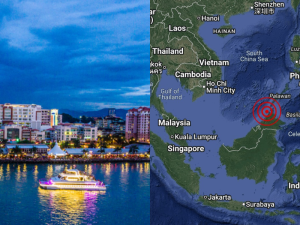
Air quality has significantly declined in several areas of Malaysia because of the haze conditions.
According to DOE guidelines, API readings between 101 and 200 are classified as unhealthy, posing greater risks to vulnerable groups such as the elderly, children, and individuals with respiratory conditions.
Here are nine practical and effective tips to help you stay safe during this period!
1. Drink plenty of water
Staying hydrated is one of the easiest ways to protect your body during haze season. Drinking water regularly not only helps removing toxins absorbed through polluted air but also keeps your throat and airways moist. Proper hydration also helps regulate body temperature, reducing the risk of heatstroke, especially when the weather is hot and humid.
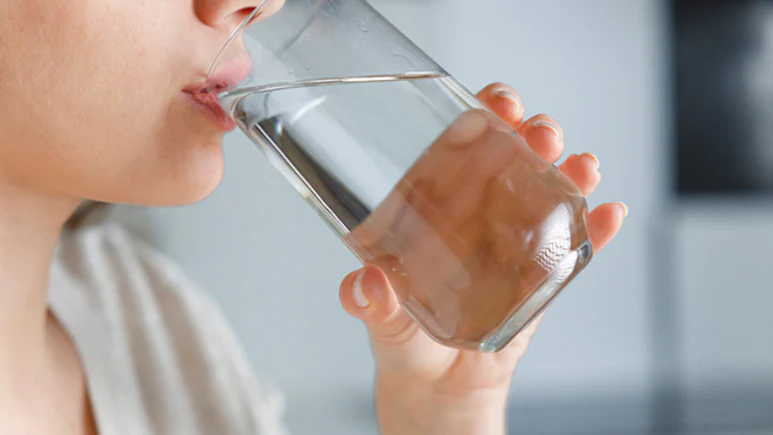
2. Avoid stimulating or spicy foods
Foods that are excessively spicy, oily, or stimulating can irritate your throat and make symptoms worse during haze exposure. Choose lighter, more soothing meals to reduce inflammation. Also opting for soups, fruits, and steamed vegetables can help to keep your body cool and reduce irritation in your respiratory tract.

3. Increase intake of ‘white’ foods that nourish the lungs

Image credit: Dumpling Connections
In Traditional Chinese Medicine (TCM), the lungs are a ‘yin’ organ, which means having excessive ‘yang’ (or ‘heat’) can negatively impact the lungs, leading to dry cough, yellow phlegm, and shortness of breath.
In TCM, white foods or foods with white centers are believed to nourish the lungs, supporting respiratory health and overall lung function. According to Singapore Paincare TCM Wellness and Wong Yiu Nam TCM Medical Centre, lung-friendly foods include tremella (snow fungus), pears, honey, chestnuts, ginger, garlic, and white vegetables like cauliflower and daikon radish. These are thought to help hydrate the lungs, reduce phlegm, and promote overall respiratory health.
4. Stay indoors whenever possible
Limit outdoor activities, especially when the Air Pollutant Index (API) is high. Staying indoors significantly reduces your exposure to harmful airborne particles like PM2.5.
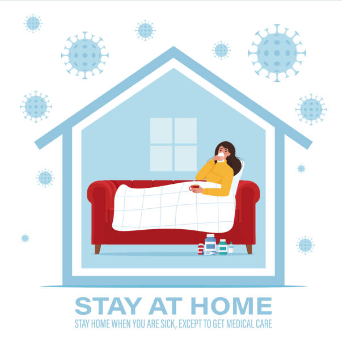
5. Ensure good air circulation indoors
Keep the air inside your home clean by using air purifiers or fans with clean filters. Avoid using appliances that produce heat or fumes unnecessarily. Make sure to clean air filters frequently, as clogged filters can worsen indoor air quality.
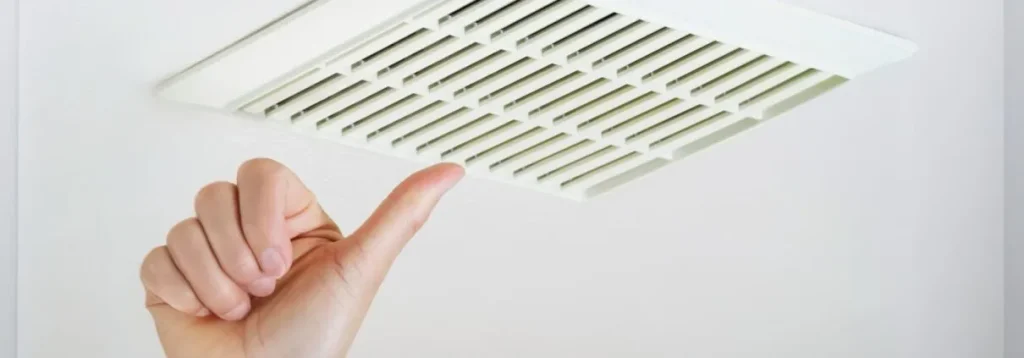
6. Wear N95 or KN95 mask outdoors
Wear an N95 or KN95 mask that can filter out fine particulate matter if you must go outside. N95 masks can filter out approximately 95% of airborne particles, including those as small as 0.1 to 0.3 microns.
Why surgical masks or cloth masks are not effective for haze?
Surgical masks, while great for protecting the wearer from infectious droplets, do not provide proper fit nor can filter fine particles found in haze, causing some particles to still potentially be inhaled.
Cloth masks are also likely not effective against haze particles. Though some cloth masks come with built-in N95 filters, their effectiveness is not proven.
Also, please do not share your mask with others.
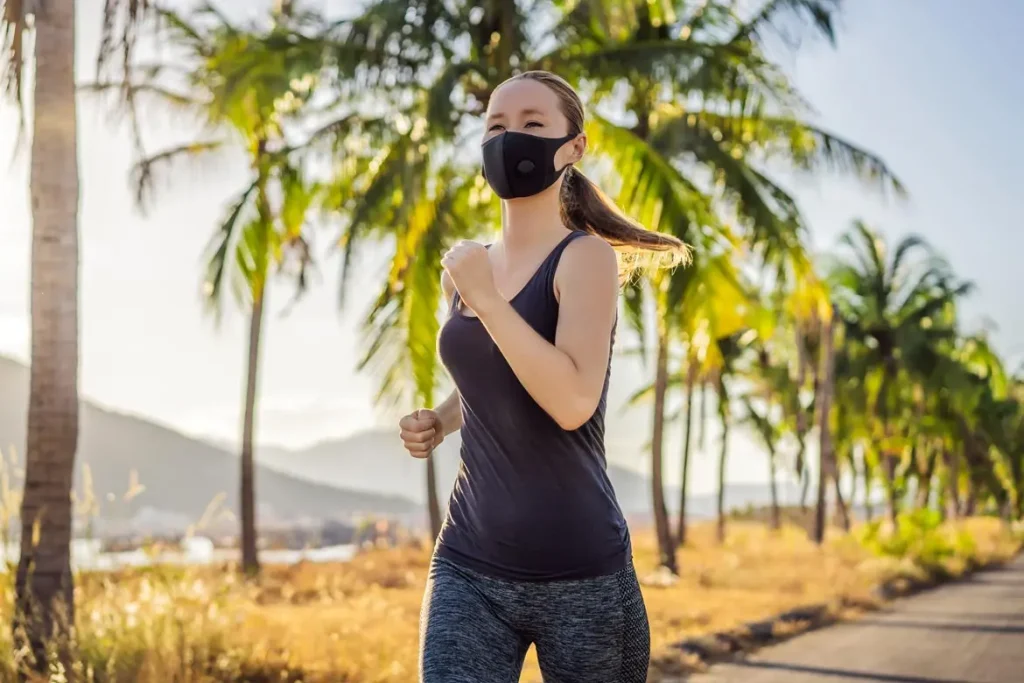
7. Maintain personal hygiene
After being outside, wash your hands, face, and exposed skin to remove any haze residue. This can help prevent skin and eye irritation. Changing your clothes and taking a quick shower after returning home can also reduce prolonged exposure to pollutants.
For individuals with skin conditions like eczema and psoriasis, the effects of haze may be more severe as their weakened skin barrier increases their vulnerability.
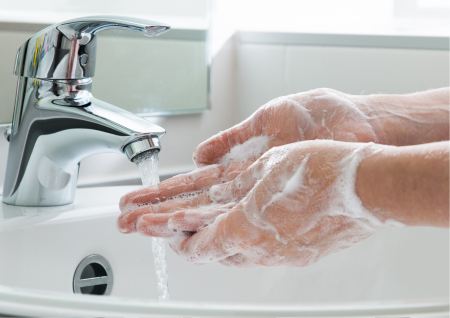
8. Close windows and doors

To prevent polluted air from entering your home, keep all windows and doors securely closed. Use draft stoppers or wet towels to block any gaps under doors for extra protection.
9. Use wet cleaning methods to clean your house
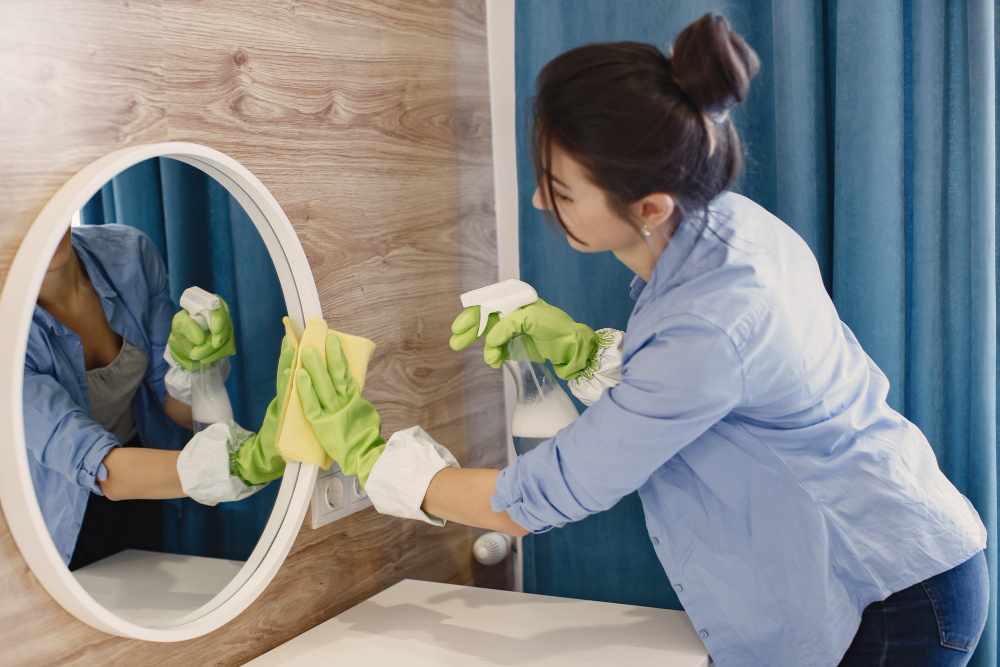
Clean your house regularly to remove settled dust from haze.
Wet cleaning methods like mopping and wiping with a damp cloth may be better to remove the dust particles compared to dry cleaning methods like dusting as it prevents the dust from becoming airborne again. This would reduce the likelihood of dust inhalation.
Conclusion
Stay safe and take good care of your health during this haze season.
Follow Wah Piang for more stories!





